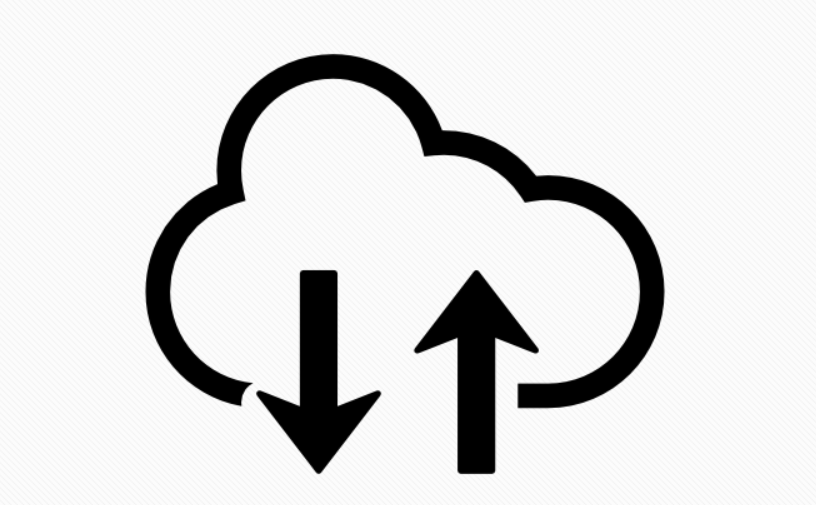Imagine this: after a long day at university, you’re on the subway heading home, connected to public Wi-Fi to listen to your favorite podcast, but you notice your phone’s battery is low—below 15%. At this moment, you’re torn between pausing the podcast and wanting to preserve some battery before getting home, so you turn off Wi-Fi and switch to mobile data. Even then, your phone’s battery runs out, and ultimately, you have to close all applications and turn off mobile data.


Why Does Connecting to the Internet Consume More Power?
Whether a phone uses Wi-Fi or mobile data, communication with other devices requires data transmission, which involves two processes: the generation and transmission of data, and data retrieval. This is achieved through the use of transmitters (for generating data) and receivers (for retrieving data) antennas.
The transmitter contains a slender conductor connected to an AC power source. When AC is transmitted, electrons begin to oscillate, and this oscillation involves the acceleration and deceleration of charges. Accelerated charges produce electromagnetic waves, which propagate in all directions, transmitting data in the form of electromagnetic waves.
The receiver also contains a slender conductor. When electromagnetic waves hit the antenna, electrons absorb energy and begin to oscillate at the same frequency as the incident wave. This electronic oscillation generates AC in the receiving antenna, which is then converted into a suitable form (sound, video, text, etc.).

Thus, it is clear that energy is used when the phone sends and receives data, and this energy is provided by the phone’s battery. The power output of the receiver antenna decreases inversely with the square of the distance from the transmitter, meaning that if the distance between the two antennas doubles, the output power decreases by a factor of four. To ensure that the signal strength does not weaken, the transmitter requires more power, which can only be achieved at the expense of battery consumption.
Meta Analysis: Power Consumption Comparison Between Wi-Fi and GSM
To establish the power consumption differences between GSM and Wi-Fi, researchers simulated several typical usage scenarios, including sending emails, downloading random data, and browsing the web. The mobile device used was the OpenMoko Neo Freerunner, while two other devices, the HTC Dream and Google Nexus, were used to validate the initial observations from the Freerunner phone.
Alternating between mobile data and Wi-Fi data can be used to perform the above tasks, and the power consumed is measured by the product of the voltage provided during specific tasks and the current generated.
Power Consumption Measurement via Email Sending
The power consumed when receiving and reading 5 emails and replying to 2 emails is as follows: when people send emails via Wi-Fi, the phone consumes some power to maintain the connection to the network, with a power consumption of about 90 milliwatts. When people send emails using mobile data, the power consumption of Wi-Fi is nearly zero.

Downloading Random Data
A 15MB file is downloaded via Wi-Fi, while another 50KB file is downloaded via mobile data. The power consumption during the download process depends on the data throughput (the amount of data transmitted per second) but is independent of the total file size.
The total power consumed by the Wi-Fi network is greater than that consumed by the mobile network because the data throughput of the Wi-Fi network is 660.1.

Web Browsing Data
It is evident that mobile network web browsing consumes significantly more power than Wi-Fi, making mobile network internet access consume more power than using Wi-Fi, as the mobile network maintains a constant background connection to receive calls and messages.
|Conclusion|
Clearly, in real life, mobile network data consumes more energy than Wi-Fi because the phone must always maintain connections for calls and messages. Additionally, compared to Wi-Fi routers, mobile network base stations are usually farther away. In areas with weak coverage from mobile network base stations, the signals received by the phone are weaker, meaning the phone must work harder to maintain the network connection, which requires more energy.

Source: Sina Technology
↘ReadRecommendations To prevent everyone from becoming “dry-lipped” in winter, we decided to explore lip balm丨Consumer Protection Committee tested high-sweet warning! Four tips to help you choose a non-nuclear explosion juice mandarin! | Consumer Protection Committee tested coffee beans’ “life”, taste value “peak” Choosing good coffee beans is up to you丨Coffee Culture Season 2丨Consumer Protection Committee tested WeChat’s recent upgrade kept secret? We have a question to ask | Consumer Protection Committee supervises party building to practice original intention, gather strength to show responsibility, lead new consumption, integrate into new development—City Consumer Protection Committee Director Fang Huiping led a team to investigate the Fourth China International Import Expo.